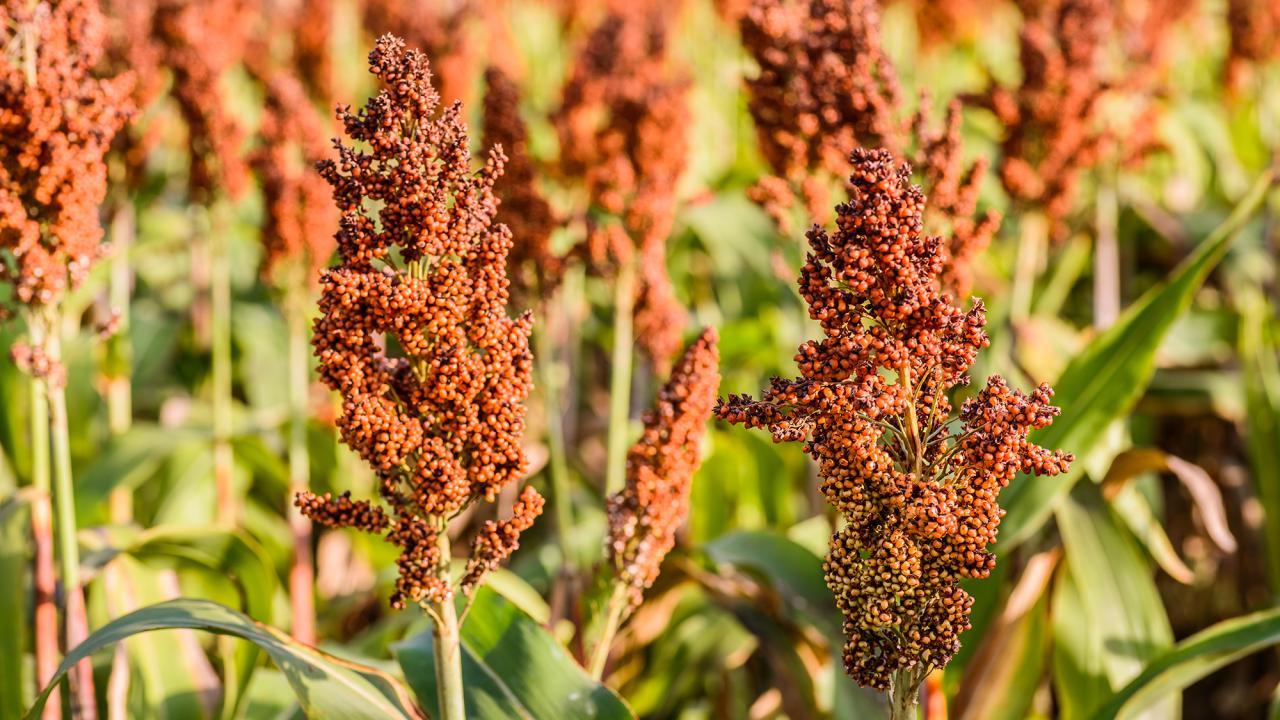
Researchers Identify Microbes That Help Plants Thwart Parasite
Plant biologists have identified bacteria that help sorghum plants resist infections and could be used as a soil “probiotic”
Sorghum, or broomcorn, is a staple crop in sub-Saharan Africa, but approximately 20% of annual yields are lost due to infections with witchweed (Striga hermonthica), a parasitic plant that steals nutrients and water by latching onto the plant’s roots.
In a new study in Cell Reports published on March 26, University of California, Davis researchers show that soil microbes can suppress witchweed infections by inducing changes in sorghum root structure that make it more resistant to infection. The researchers identified specific strains of bacteria that trigger these resistance traits and could be applied as a soil “probiotic” to improve sorghum yields in future.
“These microbes have great promise as soil additives that can help farmers grow sorghum successfully in sub-Saharan Africa,” said Siobhan Brady, a professor in the Department of Plant Biology and Genome Center, and a senior author on the paper.
Read the full story here.
